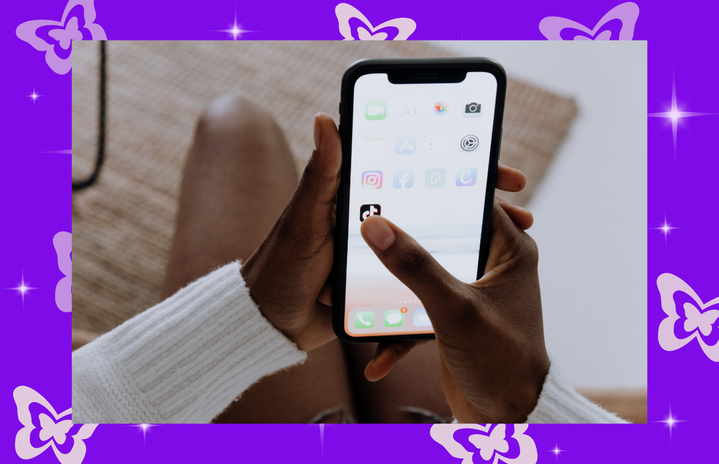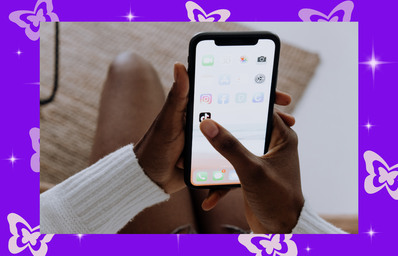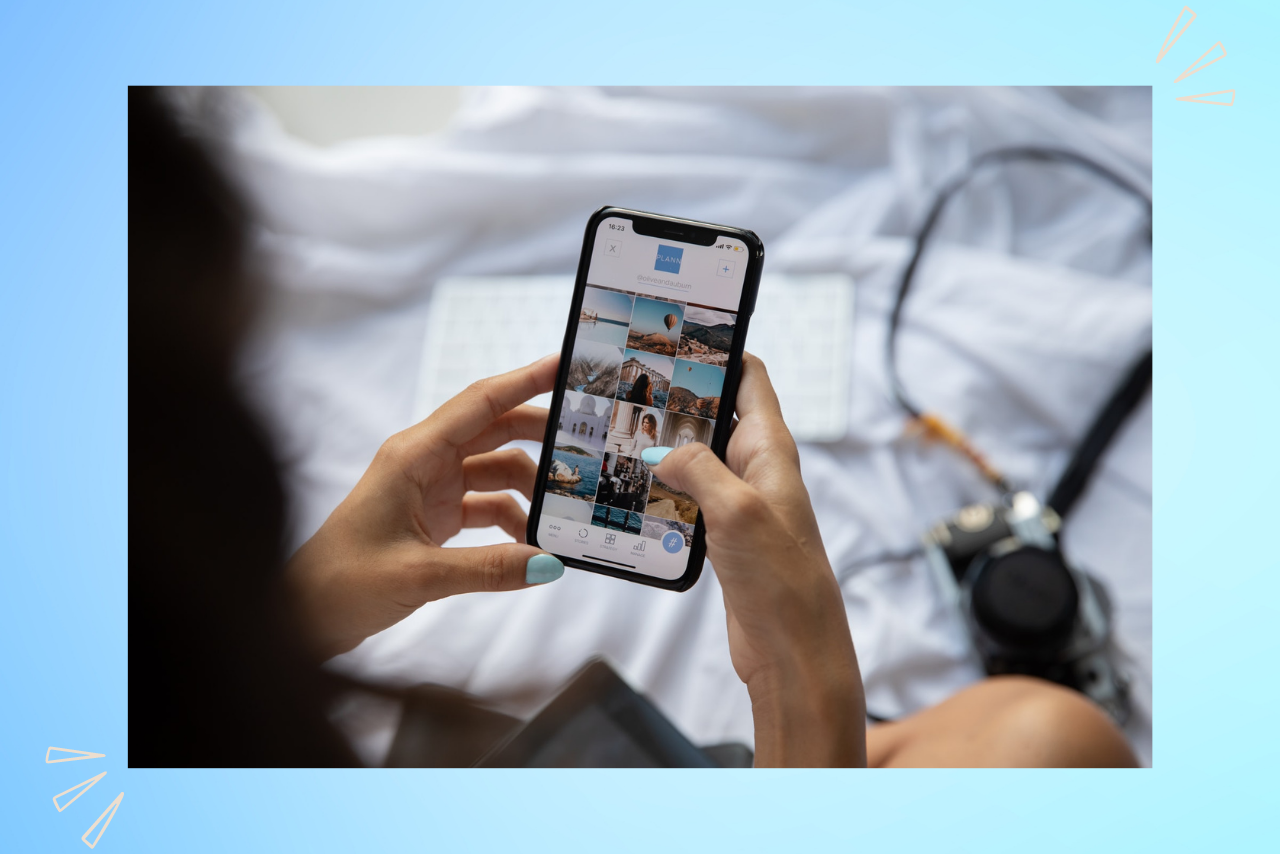With each new development of the Internet and technology, it becomes easier to fall victim to phone addiction. Despite my best efforts (and slight denial), I have also developed a tendency to mindlessly scroll for much longer than I should. It is easy to get distracted on our phones and wind up going on TikTok for an hour, and the videos that tell viewers we have “scrolled too long” don’t help prevent that. While addiction to screen time may seem trivial, it can impact our productivity, mental health, and thought patterns based on the content we consume. Recently, I have been making a conscious effort to decrease my screen time and create a healthy relationship with my phone. Here are a few tips that I’ve found helpful to remedy the habits of phone addiction. Limiting our screen time is a process, but you can do it… good luck!
1. Avoid checking your phone in the morning or before bed.
Checking your phone in the morning and before bed are automatic responses for many people and can be a tough habit to change. To prevent excessive scrolling in the morning and at night, don’t charge your phone near your bed. Like many others, my morning alarm is on my phone, so I automatically reach for it every morning, at the very least to turn off the alarm. Having the phone in proximity makes it easy to roll over and scroll instead of getting up or sleeping longer. Moving your phone away from the bed provides some distance between you and the device, forcing you to start and end each day with a break from technology.
2. Set a time limit on your “black hole” apps.
There are certain apps on my phone where once I get on them, I can become distracted for hours, losing any concept of time or focus on prior tasks or trains of thought. I have begun setting 30-minute timers on the apps most notorious for my mindless consumption, like TikTok, allowing me to become more aware of how much time I spend on these apps… and just how fast 30 minutes can go by. Truthfully, I have ignored the timers on multiple occasions; however, I am progressively improving my screen time. If nothing else, these app timers guilt you into realizing how much of your day is spent online.
3. Find a replacement activity.
It’s easy and often an automatic response to reach for your phone whenever you’re bored and looking for something entertaining. Instead of reaching for your phone when looking for something to do, find a replacement activity or a task that is simple yet engaging. Find something that doesn’t require much work but provides a healthier form of entertainment than scrolling on social media. This replacement may differ significantly based on the individual, so find what works for you! The activity I attempt to resort to is doodling, so my hands have something to do while still taking a break from my phone. Ideally, this activity will be something portable, like reading or journaling, so it can curve your phone cravings at any time of day.
4. Turn off your notifications.
This approach to limiting phone screen time is simple yet effective. Turning off the notifications for apps like Snapchat and Instagram has significantly decreased the frequency with which I check my phone. Notifications are a gateway to endless scrolling, luring you onto the phone and then distracting you. This technique allowed me to be more mindful when checking notifications, providing the goal-oriented action of responding to people.
5. Test how long you can go without your phone.
Time yourself to see how long you can resist going on your phone for leisure. Make it a challenge! Limiting the time spent on your phone can feel like a punishment, especially after becoming so used to your scrolling habits. Reward yourself for a job well done by taking a break from your phone. If nothing else works, using classic psychological conditioning through reward processes should do the trick. For example, every time you resist the urge to check your phone give yourself a chocolate or something sweet for positive reinforcement.





